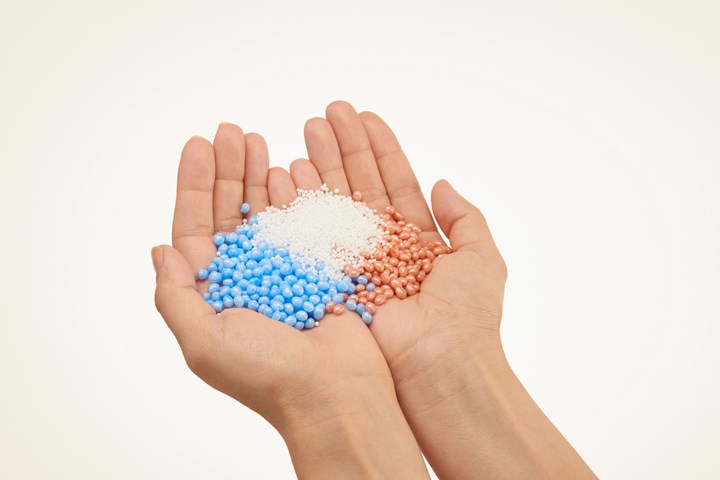New PP Foam Extrusion Technology
Sulzer Chemtech and Borealis have launched new PP foam extrusion technology said to lower cost and increase efficiency.
An innovative process for the cost-effective extrusion of expanded polypropylene (ePP) beads was recently developed jointly by Switzerland-based Sulzer Chemtech and Austria’s Borealis. This new PP foam extrusion technology reportedly enables lower cost and increased efficiency across the value chain, supports the end-market efforts towards more circular solutions, and is expected to cut manufacturing costs by up to 60%.
To support the large-scale adoption of ePP, Sulzer Chemtech is now launching a new and innovative compounding production line.. As opposed to conventional autoclave production methods, Sulzer Chemtech’s innovative system relies on extrusion with direct gas impregnation, offering an easy to implement alternative with a quick return on investment.

Foam molders, such as packaging manufacturers, can implement the compounding line to considerably reduce the costs associated with material supply, warehousing and intermediate transportation. As such, companies can offer ePP parts at more competitive prices while supporting the adoption of easy-to-recycle polyolefin applications. Additional benefits include having full control over the properties of the ePP, such as bulk density, closed cell content and bead size distribution, as well as maximum flexibility in fine-tuning the recipes. Also, the highly automated process keeps maintenance requirements low and simplifies operations. In addition, the extruded beads subsequently can be easily processed with standard steam pressure in steam chest molding machines to obtain molded bead foam products with specific shapes.
In addition, Sulzer Chemtech and Borealis are developing an alternative that can use carbon dioxide, supporting different customer needs and plant settings. “Collaborating with an industry leader like Sulzer has been a pleasure. This innovation will further drive the adoption of our PP foam solutions, supporting the transition to a circular economy of plastics. This is how we re-invent for more sustainable living,” said Christopher McArdle, Borealis’ v.p. polyolefins strategy & new business development.
Said Sulzer’s division president Torsten Wintergerste, “We are extremely pleased with the advanced ePP production line that we have developed together with Borealis. The result of this collaboration truly attests to the extensive expertise of both companies. Using our latest solution, customers will be able to benefit from cutting-edge equipment with enhanced performance as well as high-quality PP for the production of best-in.class foams.”
Related Content
-
Prices Up for PE, PP, PS, Flat for PVC, PET
Trajectory is generally flat-to-down for all commodity resins.
-
The Fundamentals of Polyethylene – Part 2: Density and Molecular Weight
PE properties can be adjusted either by changing the molecular weight or by altering the density. While this increases the possible combinations of properties, it also requires that the specification for the material be precise.
-
Fundamentals of Polyethylene – Part 3: Field Failures
Polyethylene parts can fail when an inappropriate density is selected. Let’s look at some examples and examine what happened and why.









